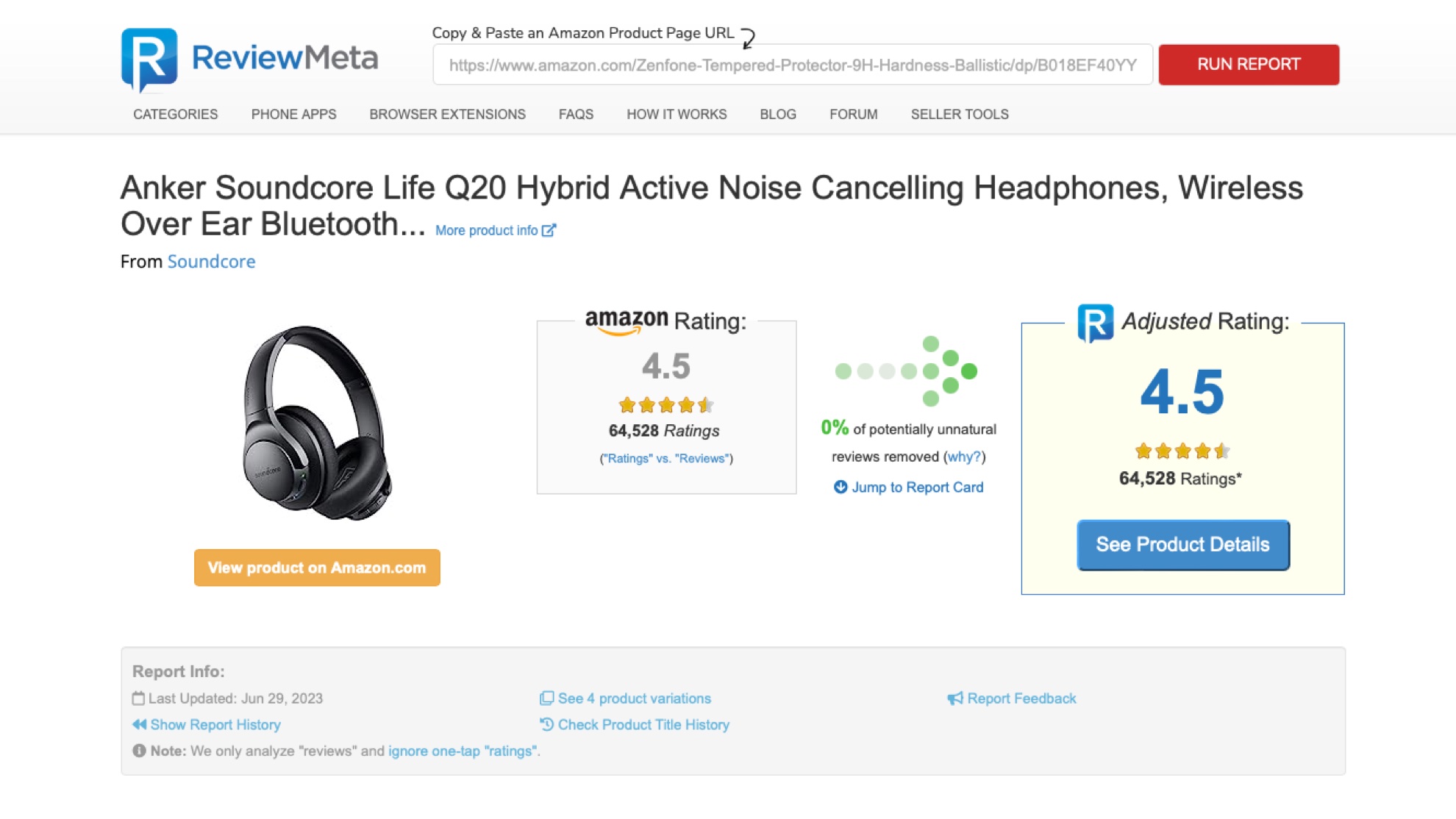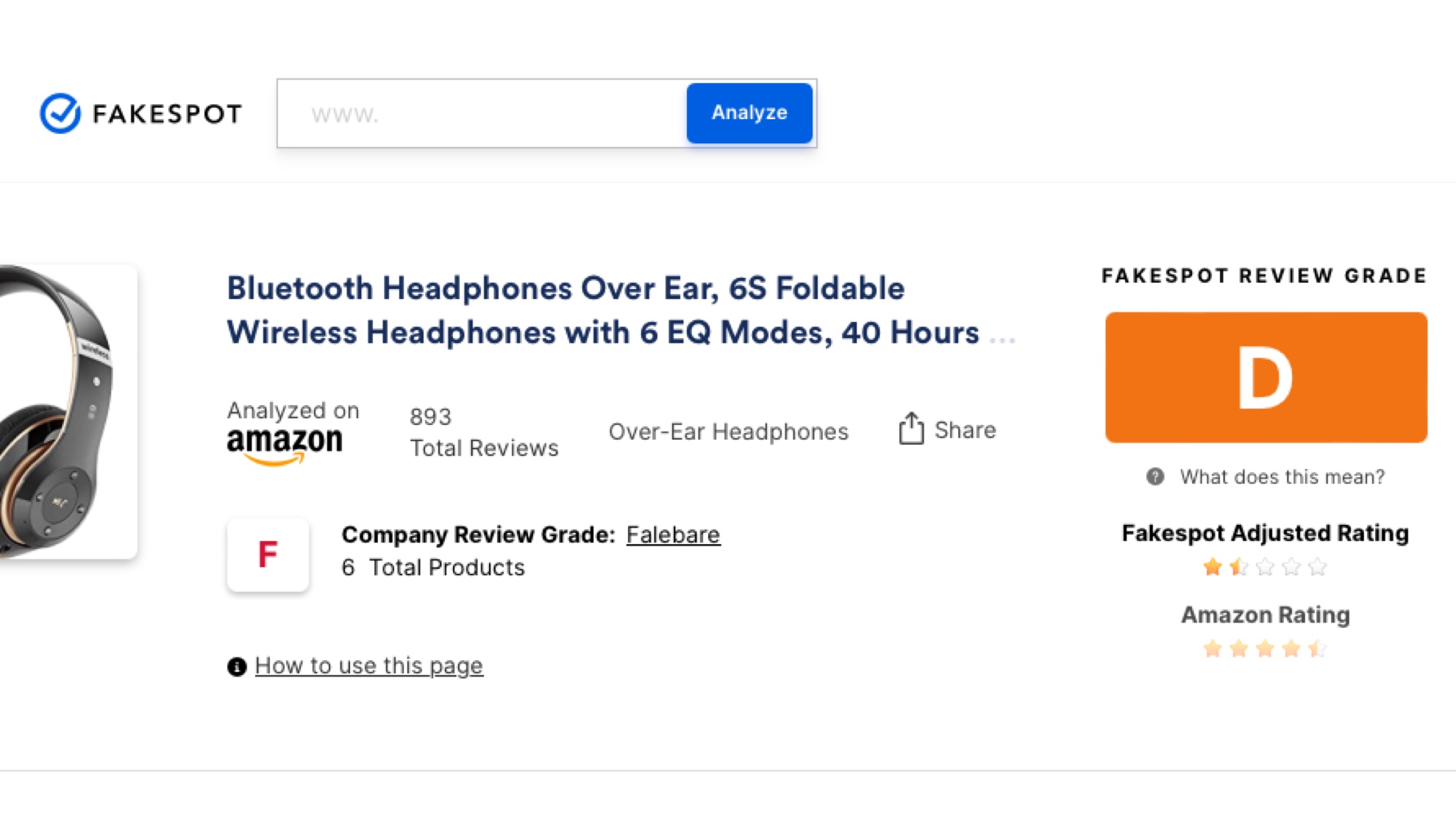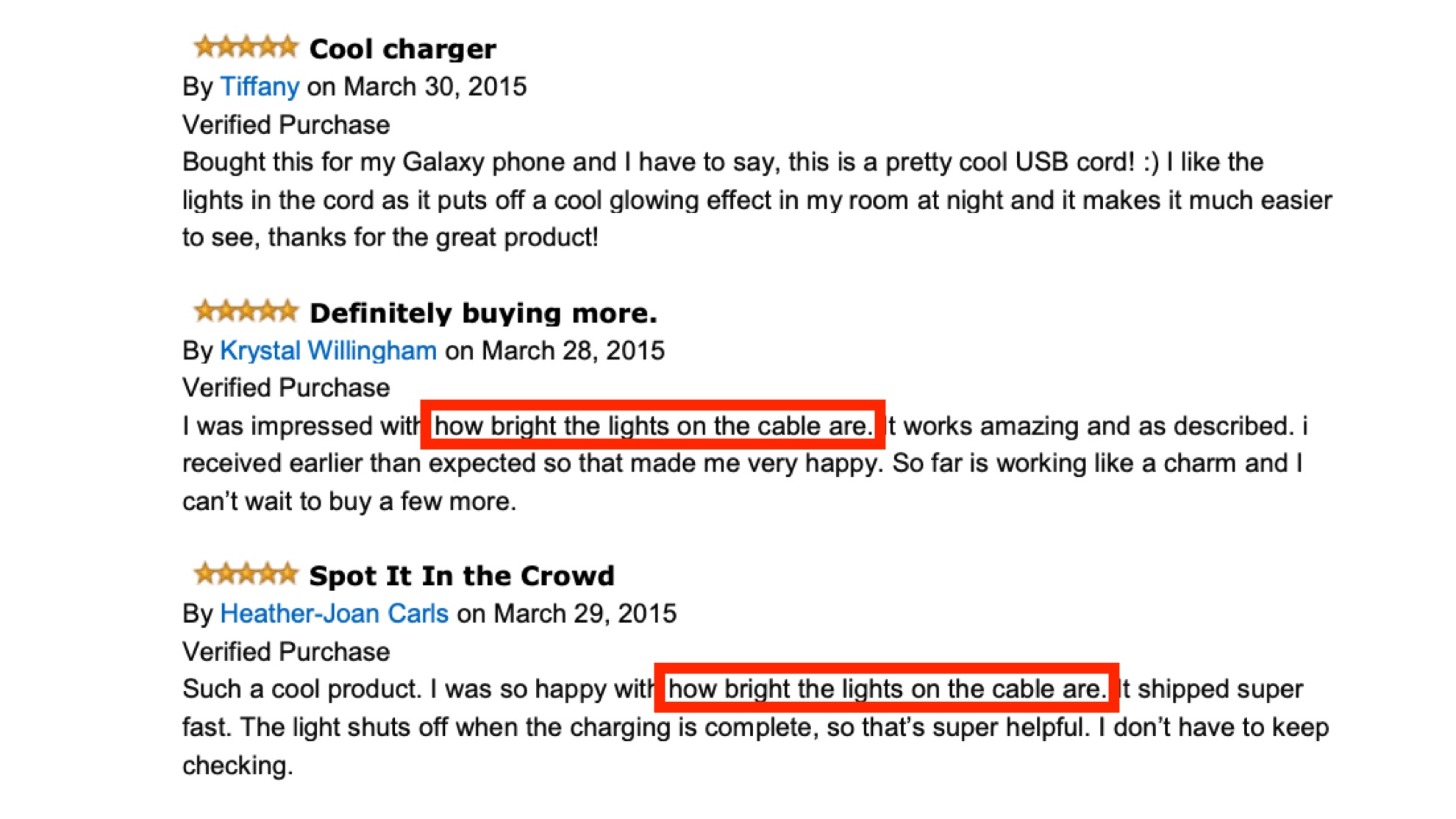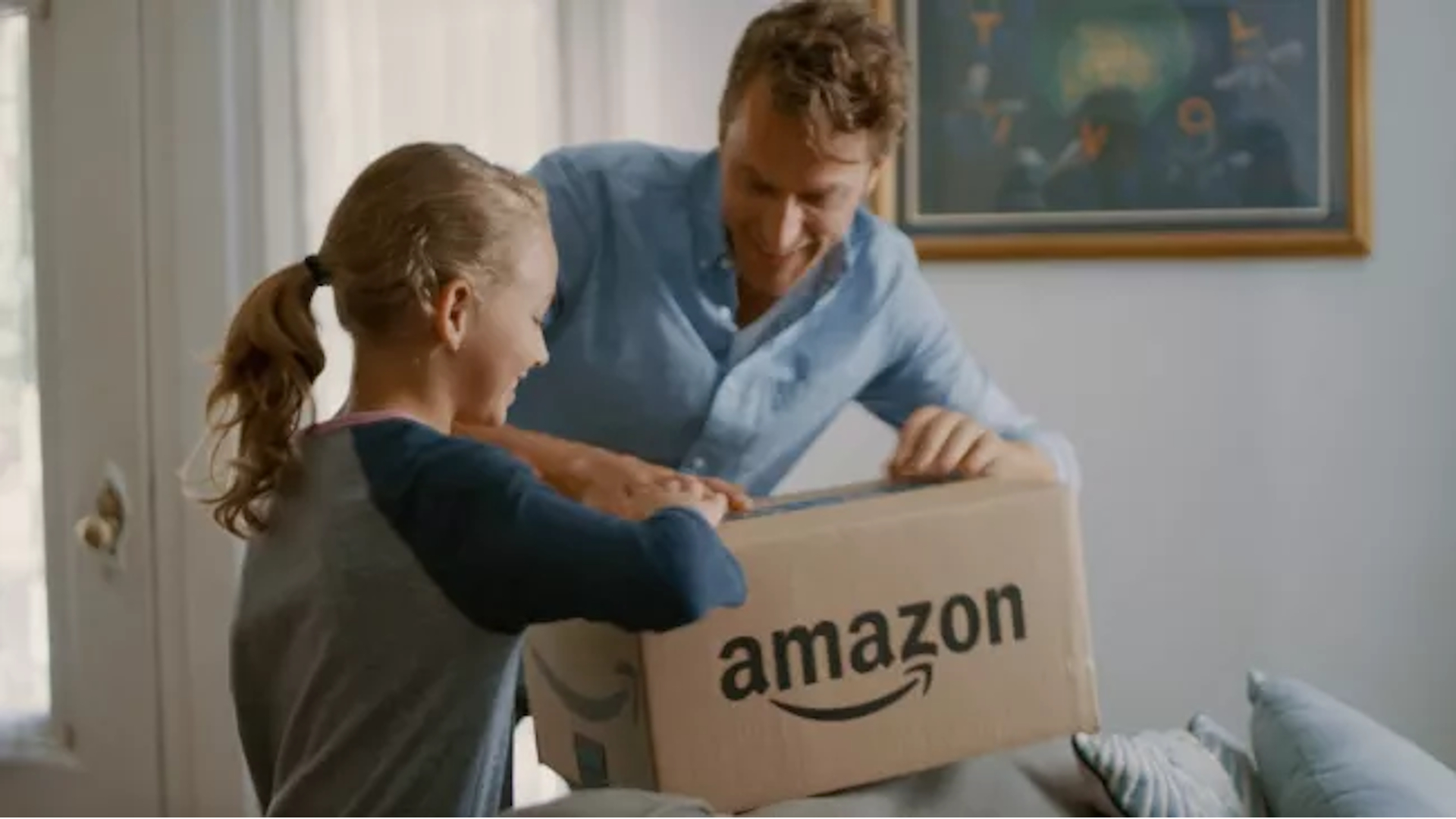With Prime Day, and every other day, Amazon has to fight a flood of fake reviews – so when you’re considering any Amazon Prime Day deals, you can’t necessarily take reviews at face value when deciding what to buy. Despite Amazon’s best efforts, which have included banning paid-for reviews altogether and kicking repeat offenders and all of their products off the site, fake reviews continue to be a problem for all online retailers that publish customer reviews.
The good news is that there are often some very obvious signs that a review isn’t real, and even more subtle scammers can be spotted when you know what to look for. This is where we can help, and once you've become a fake-review expert, you'll know how to avoid Prime Day scams too.
Amazon's mega 2-day sales event is to land on July 16-17. We can expect to see "hundred-of-thousands" of deals so it'll certainly pay to be prepared.
How to spot fake Amazon reviews this Prime Day
1. The product is mysteriously popular
The first thing that should get your Spidey-sense tingling is if you haven’t heard of the brand before but its product has thousands of glowing reviews. Flimsy plastic kitchen choppers and no-name phone chargers from firms that don’t even have a website are highly unlikely to have more devoted fans than Taylor Swift and Harry Styles combined, so that’s the first red flag.
2. The product is mysteriously unpopular
Not all fake reviews are positive. Some are very negative, and that’s because they’re designed to either damage a product’s sales or to get people to look at the reviewer’s product instead. The first kind of negative review is very common in things such as books and movies, which are often review-bombed; the second kind is easy to spot if the suggested alternative isn’t from a brand you’ve heard of.

3. The star ratings are either hero or zero
Most real products don’t have close to 100% five star ratings, because there are always unhappy customers or people who’ll leave a bad review because the courier was late.
To take a real example, the current Apple AirTag —a product most buyers absolutely love—is sitting with 83% five-star reviews and 6% one-star reviews. The classic Moleskine notebook we’ve just bought has 84% five-star ratings; Ninja's popular (and often discounted) AF101 Air Fryer has a 85% five-star rating. You get the idea.
4. The reviews are vague
If you’ve ever reviewed a product on a retail site you were probably quite specific: these headphones are great but the battery life is terrible; this OLED TV failed after just six months; this charger burned down my house. What you don’t tend to do is write generic things like “awesome product” or “good device”.
5. The review doesn't say Verified Purchase
The Verified Purchase label means that the reviewer has definitely bought the product. That doesn’t mean it’s a real review—we’ve been approached multiple times by firms offering to PayPal us the cost of a product if we’ll buy and review it—but it helps winnow out the worst fakes.

6. The timing’s suspicious
Fake reviews are often clustered, with reviewers posting much the same thing at the same time. You can get around that by clicking on the Top Reviews drop-down and selecting Most Recent so you can see them in reverse chronological order. That tends to bring up reviews from genuine customers, often unhappy ones who were lured in by the overly positive reviews, and if you look at the dates you can usually see if a whole bunch of reviews have been filed at the same time.
7. English isn’t their first language
An observation is that many paid-for reviews are posted by people outside the US, UK or Australia. Broken English or very bad spelling and grammar is often an indication that someone isn’t writing in the language they’d use on their local Amazon for shoppers from the same country.

8. The reviewer doesn't review anything else – or reviews everything else
You can click on every reviewer’s profile and see what else they’ve reviewed, if anything. Be particularly wary of people who seem to be reviewing absolutely everything all of the time: how many of us can afford the time to do that?
9. They set off the fake alarms
Sites such as Fakespot.com (which also has a Chrome extension) and ReviewMeta.com can analyse Amazon product pages and give some indication of how reliable the reviews may be. They do this by analysing the reviews on a page and seeing how many of them have never reviewed anything else, how many use the same terms (and what those terms are, so you can see if lots of reviews are using odd language) and whether the reviews were clustered around a very short time. Their analysis isn’t definitive and takes a bit of effort to understand, but it can help confirm or disagree with your gut. Speaking of which…
10. Trust your gut
There will be thousands upon thousands of Prime Day deals this year, so if something just doesn’t feel right then go with your gut and go elsewhere.
Now you know how to avoid the scams it would be worth finding out how, when and where to shop Prime Day 2024 deals. The Top Ten Reviews team are tracking the best lawn mower deals, Amazon Prime Day Instant Pot deals and coffee maker deals (for example) which will have all the best deals in one place for you to browse through. Bookmark these pages for an easy return.

